Article
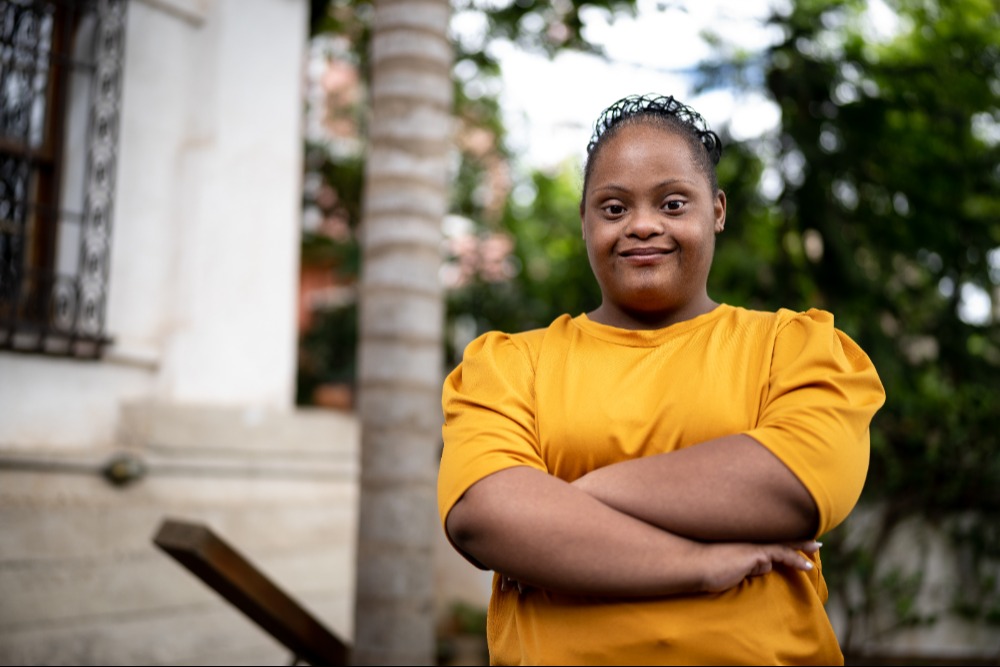 The Speech Accessibility Project is now recruiting U.S. adults with Down syndrome. The project aims to make voice recognition technology more useful for people with diverse speech patterns and different disabilities.
The Speech Accessibility Project is now recruiting U.S. adults with Down syndrome. The project aims to make voice recognition technology more useful for people with diverse speech patterns and different disabilities.
Those interested in participating can sign up online.
The University of Illinois Urbana-Champaign, a historic leader in accessibility, is securely recording participants and safeguarding their private information. Amazon, Apple, Google, Meta, and Microsoft are funding the project and are already using participants’ recorded voices to make voice recognition technology more useful.
The project has so far collected more than 100,000 recordings from participants with Parkinson’s disease. In addition to Down syndrome, the project will also soon be recruiting adults with amyotrophic lateral sclerosis, cerebral palsy, and those who have had a stroke.
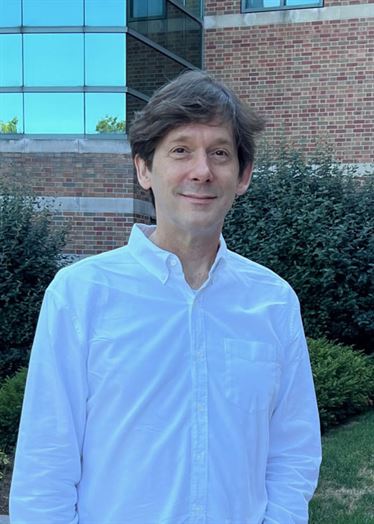 Mark Hasegawa-Johnson. Making speech recognition tools accessible to people with Down syndrome could change the way they interact with technology, and could have even more profound effects, as well, said Mark Hasegawa-Johnson, a professor of electrical and computer
engineering at UIUC and the project’s leader.
Mark Hasegawa-Johnson. Making speech recognition tools accessible to people with Down syndrome could change the way they interact with technology, and could have even more profound effects, as well, said Mark Hasegawa-Johnson, a professor of electrical and computer
engineering at UIUC and the project’s leader.
“The Speech Accessibility Project is fundamentally about human rights,” Hasegawa-Johnson said. “Everyone has the right to seek education, to seek employment, and to seek access to government services.”
But people with Down syndrome may struggle with those, he said.
“I think speech technology can help by making information about education, employment, and government services more easily accessible," he said. "We are at a unique point in human history. With a perfectly reasonable amount of collaboration between the Down syndrome community and the technology community, we can make automatic speech recognition available to people with Down syndrome.”
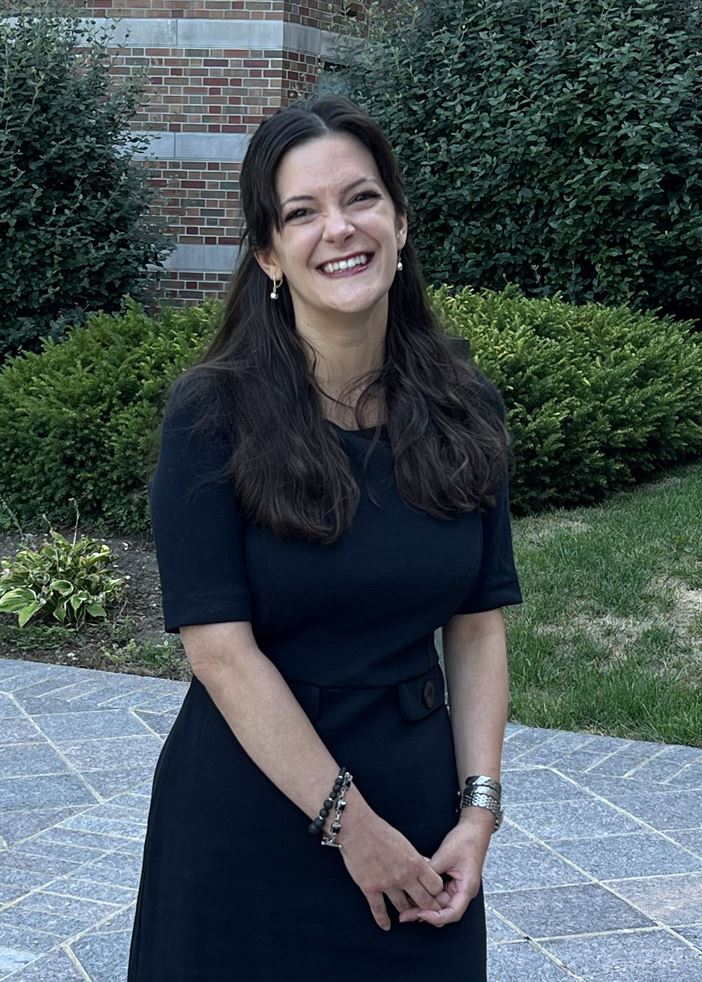 Clarion Mendes. Having improved access to speech recognition technology could dramatically improve quality of life for many, said Clarion Mendes, a speech-language pathologist, clinical assistant professor of speech and hearing science, and member of the project
team.
Clarion Mendes. Having improved access to speech recognition technology could dramatically improve quality of life for many, said Clarion Mendes, a speech-language pathologist, clinical assistant professor of speech and hearing science, and member of the project
team.
“Down syndrome is the most commonly identified chromosomal difference in the U.S.,” she said. “Nearly all individuals with Down syndrome experience challenges with communication — including speech clarity. By including individuals with Down syndrome in the Speech Accessibility Project, the potential to engage with the world through communication increases.”
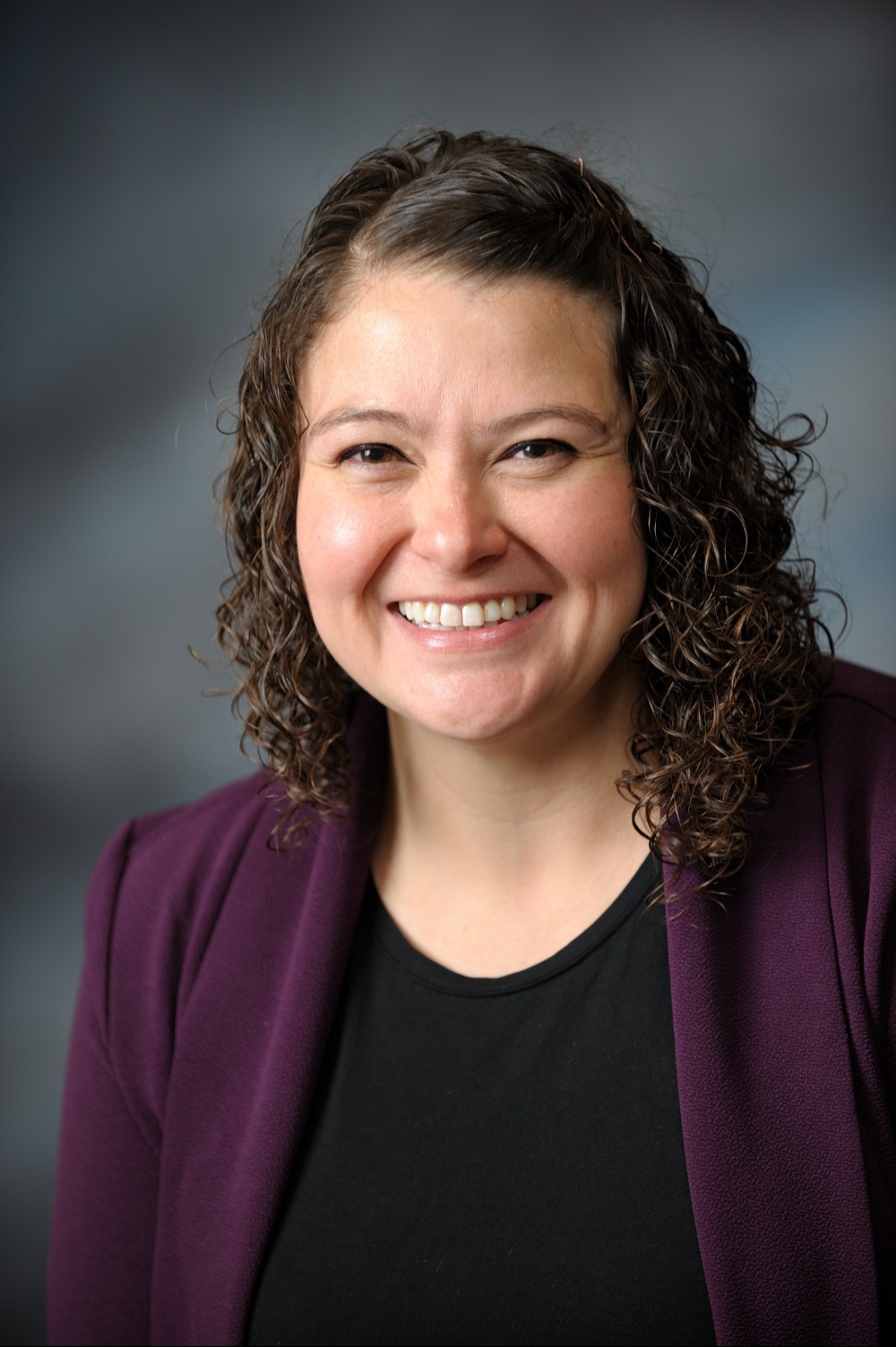 Laura Mattie.
Laura Mattie.
The Speech Accessibility Project team has partnered with Laura Mattie and Marie Channell, both associate professors in the Department of Speech and Hearing Science.
“The opportunity to promote inclusion and accessibility for people with Down syndrome is incredibly important,” Mattie said. “We jumped right on board. We can see the future impact that it can have on their lives.”
Channell studies independence and transitions to adulthood in people with Down syndrome.
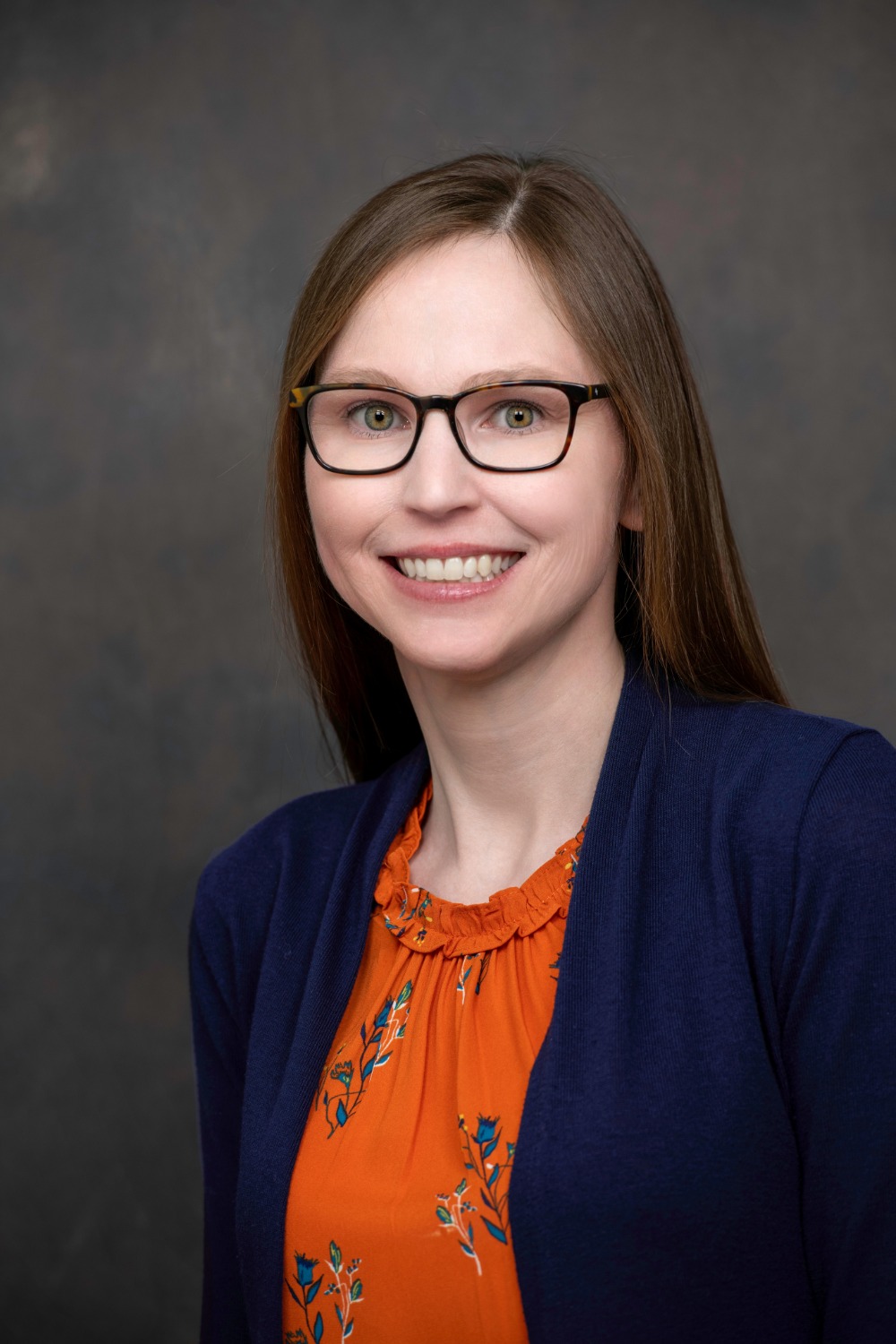 Marie Channell.
Marie Channell.
“They go through all of life and school with educational supports, therapy, and services,” she said. “As soon as they leave high school and hit early adulthood, these supports abruptly stop.”
The so-called “service delivery cliff” means those individuals suddenly need to navigate services for adults, and many systems aren’t built for people with Down syndrome or who have intellectual disabilities.
“Finding ways to support people who want to live independent lives and gain meaningful employment are limited,” she said. “Some of our research has found that about 50 percent are employed at some level, and most are under-employed. The Speech Accessibility Project will provide them with access to more tools to help them communicate and navigate through adult spaces in the community, just like everyone else.”
Graduate students working with Channell and Mattie will walk potential participants and their caregivers through the process of signing up and participating in the project.
Participants can receive up to $180 and caregivers can receive up to $90 in Amazon gift cards.
Speech Accessibility Project
405 N Mathews Ave., Urbana, IL 61801